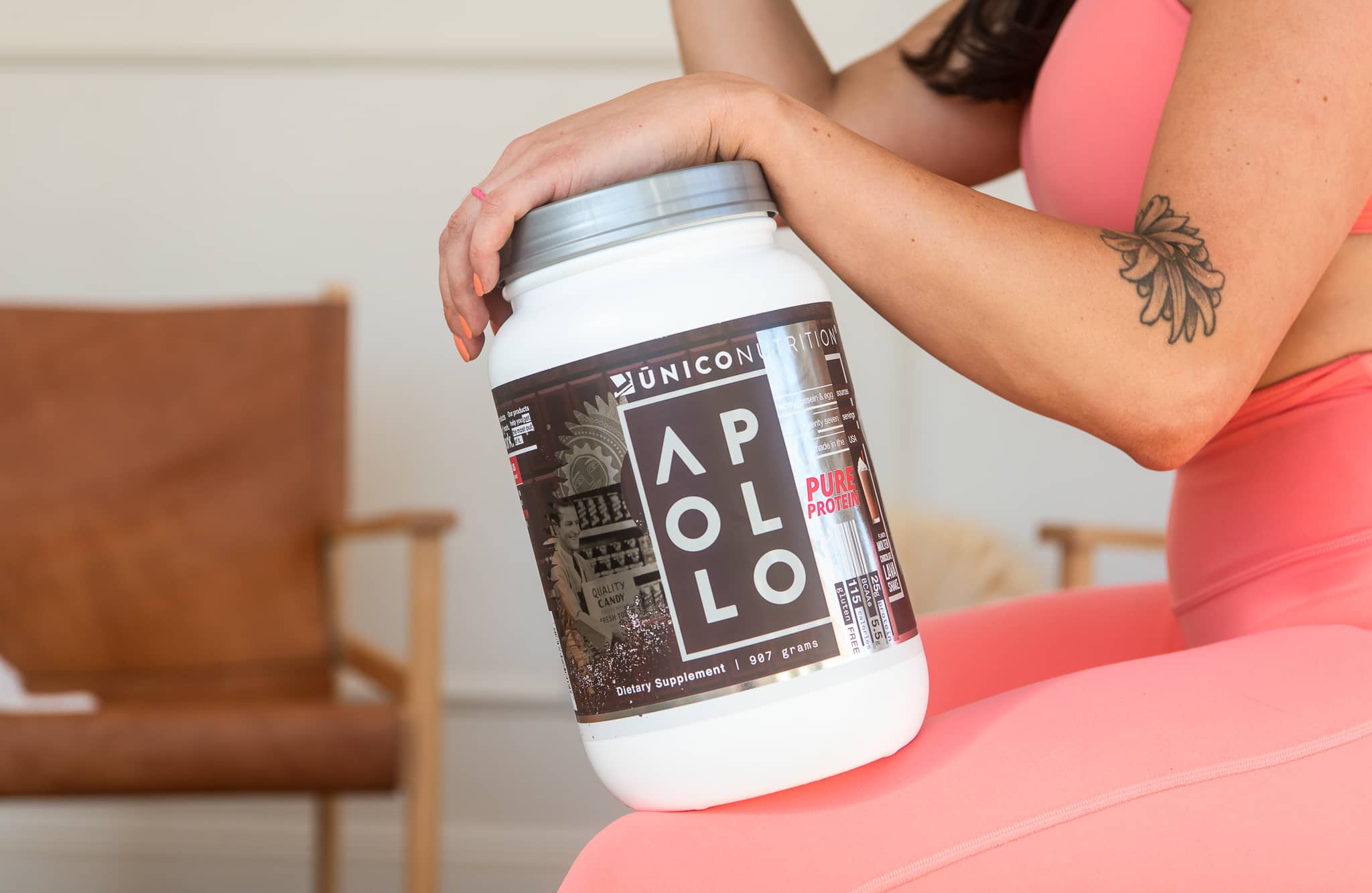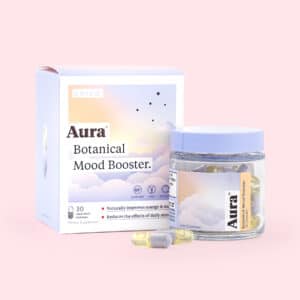Sometimes it feels like we’re under attack, and to some extent, we actually are. Inflammation is a constant threat to us, for any number of reasons that we’ll discuss. The good news is, a specialized anti-inflammation diet can defend you from most of its hazardous effects.

‘Inflammation’ has become one of the most frightening words that we hear in the health and wellness space.
Because of it’s association with cardiovascular disease, weight gain, and other negative health outcomes, inflammation has become quite the intimidator.
But before we dig into some of the adverse effects of chronic inflammation…did you know that not all inflammation is bad?
What is Inflammation?
Inflammation refers to the way that your body reacts to certain stimuli.
If you accidentally cut your finger while chopping carrots, your body is will immediately, and automatically, create in inflammation response.
It will send a rush of blood and inflammation cells to that area, creating swelling, to help your body reduce the damage.
In this example, inflammation is a good thing.
Actually, a great thing, as one of the most complex and beautiful features of the human autonomic nervous system is displayed.
The type of inflammation described above is called acute inflammation – meaning there was a specific stimulus (the accidental cut), that prompted the body to react.
Where we can get in trouble however, is when inflammation occurs when it’s not specifically wanted, or needed.
What Causes Chronic Inflammation?
We are exposed to factors that can cause chronic inflammation to our bodies almost all the time.
Some of these factors are in our control, and some are not.
Some of the most common causes of chronic inflammation include:
- aging
- stress
- poor sleep
- low sex hormones
- alcohol consumption
- diet
- exposure to pollution and toxins
- certain illnesses1
Chronic inflammation can be caused by any one, or combination of these things.
Certain medical conditions such as rheumatoid arthritis or asthma, can cause chronic inflammation on their own.]
So those are some causes…but what exactly are the dangers of chronic inflammation?
Continuous exposure to inflammation through our environment and lifestyle increases our chances of having diabetes, cardiovascular disease, or a number of other ailments.2
With our bodies on constant defense from inflammation, you may be inspired to try something new to support your system.
An anti-inflammatory diet could be the key to helping your body stave off inflammation, even in the presence of some of the risk-factors outlined above.
But, what exactly is an anti-inflammatory diet?
And how do you know if you should be following this kind of diet?
Let’s find out.
What is an Anti-Inflammatory Diet?
An anti-inflammatory diet is an eating pattern that seeks to reduce inflammation by providing nutrients and antioxidants to the body through foods, spices, and adaptogenic herbs.
There isn’t a standard anti-inflammatory diet that has strict recommendations on what you need to eat…
In fact, many diets can be modified to become an anti-inflammatory diet!
Though the individual diet plans may differ, they do have a few things in common.
These 6 key principles, if followed regularly, will help significantly reduce your risk of inflammation.
- Anti-inflammatory diets feature plant-based foods, particularly focusing on fresh fruits and healthy vegetables. Fruits and vegetables have vitamins, minerals, phytochemicals, and other antioxidants that protect your body from inflammation.
- Omega-3 fatty acids are an essential part of anti-inflammatory diets. You may get your omega-3s from having fatty fish like salmon, eating nuts and seeds, using olive oil, or taking omega-3 supplements.
- Choosing lean protein or plant-based proteins in an anti-inflammatory diet help you get the protein your body needs without causing inflammation. Make sure you get the right amount of protein per day to reduce over-eating and making poor snack choices.
- Spices and herbs keep inflammation at bay through special compounds that you don’t find in typical foods. Saffron is a great example, and has several mood-boosting properties as well.
- Probiotic foods like yogurt and kimchi can also help reduce inflammation by supporting the growth of good bacteria in the body that protect your body. Certain probiotics strains can also assist with weight loss.
- Minimize foods like processed meats, refined sugars and carbohydrates, fried foods, and certain ultra-processed foods. These foods often provide little or no health benefit, and can cause inflammation.
Now that you have the roadmap that you need to transition to an anti-inflammatory diet, prepare to reap the benefits!
What are the Benefits of Having an Anti-Inflammatory Diet?
Because we’re all exposed to inflammation and run the risk of inflammatory imbalances in our bodies, literally everyone can, and should benefit from an anti-inflammatory diet.
People with certain chronic conditions may experience additional benefits from anti-inflammatory diets.
Here is why you may want to consider eating an anti-inflammatory diet:
1. May Reduce Your Risk of Heart Disease:
As we said in the beginning of the article, inflammation is the scariest because it is an enormous risk factor for our country’s most deadly killer.
Without getting too technical, research shows that some heart disease progresses by a feedback loop between cholesterol, and inflammation.
Too much cholesterol in the arteries leads to plaque, which leads to inflammation, which causes the plaque to grow and potentially lead to a heart attack or stroke.
A longitudinal study using information from over 200,000 adults found that an anti-inflammatory diet is associated with lower inflammatory markers, improved cholesterol levels, and overall decreased risk of cardiovascular disease.3
For this reason alone, we should all be following an anti-inflammation diet.
And this next benefit is sure to put a smile on your face as well.
Literally.
2. May Help Improve Your Mood
Inflammation as a risk factor for depression may be a surprise to some, but research shows a consistent relationship between inflammation, fatigue, and depression.
Increased inflammation may cause changes to the brain’s structure and signaling for neurological and psychological functioning.4
Pro-inflammatory diets increase the risk of having a depression diagnosis or depressive symptoms compared to an anti-inflammatory diet.

Scientists believe that an anti-inflammatory diet may be effective for reducing the risk of depression and potentially be an effective intervention against depressive symptoms.5
Certain natural foods and supplements can also reduce the effects anxiety and depression and improve mood naturally.
Not surprisingly, they are some of the very same foods/supplements that we recommend above in our anti-inflammatory diet.
In other words, eating anti-inflammatory foods can boost your mood.
3. Can Help You Feel More Energy
Do you reach for an extra cup of coffee in the morning because you’re tired?
An anti-inflammatory diet may help you boost your energy levels and get rid of brain fog, especially if you have fatigue related to a chronic condition.
A 2019 review of studies on anti-inflammatory diets and fatigue found that anti-inflammatory dietary components like omega-3s, amino acids, pre- and probiotics, polyphenols, and antioxidants may help reduce fatigue and inflammation.6
Instead of looking for single supplements, having an overall anti-inflammatory diet may produce greater relief from fatigue.
4. May Reduce Chronic Pain
Dealing with aches and pains all day can make every day feel like a “no bones” day.
In chronic pain syndromes like fibromyalgia or arthritis, inflammation is important to manage to have a decent quality of life.7
A diet high in fruits and vegetables, vitamin D, and adequate omega-3 fatty acids can be essential to reducing chronic pain.
Other dietary components like flavonoids, ginger, turmeric (curcumin), and taurine can also reduce pain.8
5. May Improve Lifespan and Quality
Chronic diseases can significantly reduce your quality of life and may cause enough stress on the body to reduce your lifespan.
A 2018 study that observed over 68,000 Swedish men and women for 16 years found that following a diet filled with many anti-inflammatory foods could reduce the risk of death from cardiovascular disease, cancer, and all-causes.
Even people who smoked but had a diet full of anti-inflammatory foods had a significantly lower risk of mortality compared to smokers with pro-inflammatory diets.9
How to Start Having an Anti-inflammatory Diet
An anti-inflammatory diet can help us all in so many ways – by improving our mood, helping reduce pain, increasing our energy, and even reducing our disease risk so that we may live longer.
What’s not to love about that?
Eating an anti-inflammatory diet does not need to be hard or restrictive.
Focus on the foods that you need to add into your diet in order to make it anti-inflammatory.
Remember, the main parts of an anti-inflammatory diet include:
- Fruits and vegetables
- Whole grains
- Lean proteins and plant-based proteins
- Probiotics – Our own Libra Probiotic for Women is a fantastic option
- Herbs and Spices
- Adaptogens
Once you’ve started adding in these foods, limiting the number of processed meats, refined sugars and grains, fried foods, and ultra-processed foods starts to get easier.
A Word to the Wise..
One of the most common downfalls of a new diet, is becoming too strict and leaving no room for flexibility.
Don’t feel like you have to give up all of the foods that you like in order to have an anti-inflammatory diet.
While the Mediterranean diet or DASH diet are two popular examples of anti-inflammatory diets, they are not the only healthy eating patterns out there.
Try incorporating our anti-inflammation principles into your diet in a fun way to keep things fresh, light, and fun.
Start off easy with a Meatless Monday or get some greens and anti-inflammatory adaptogens by using a tasty and convenient greens powder.
Before you know it, you’ll have a diet rich with things that protect your body and make you feel good too!
References
1https://www.ncbi.nlm.nih.gov/books/NBK493173/
2https://www.nature.com/articles/s41591-019-0675-0
4https://www.ncbi.nlm.nih.gov/pmc/articles/PMC6658985/
5https://pubmed.ncbi.nlm.nih.gov/30502975/
6https://www.ncbi.nlm.nih.gov/pmc/articles/PMC6835556/
7https://www.ncbi.nlm.nih.gov/pmc/articles/PMC2771434/
8https://pubmed.ncbi.nlm.nih.gov/31301604/
9https://www.sciencedirect.com/science/article/abs/pii/S0261561418301754
- How To Transform Any Diet into an Anti-Inflammation Diet. - September 14, 2022
- Saffron for Depression – This Exotic Spice May Lift Your Mood. - January 18, 2022
- The 7 Best Probiotic Strains for Weight Loss - January 2, 2022

